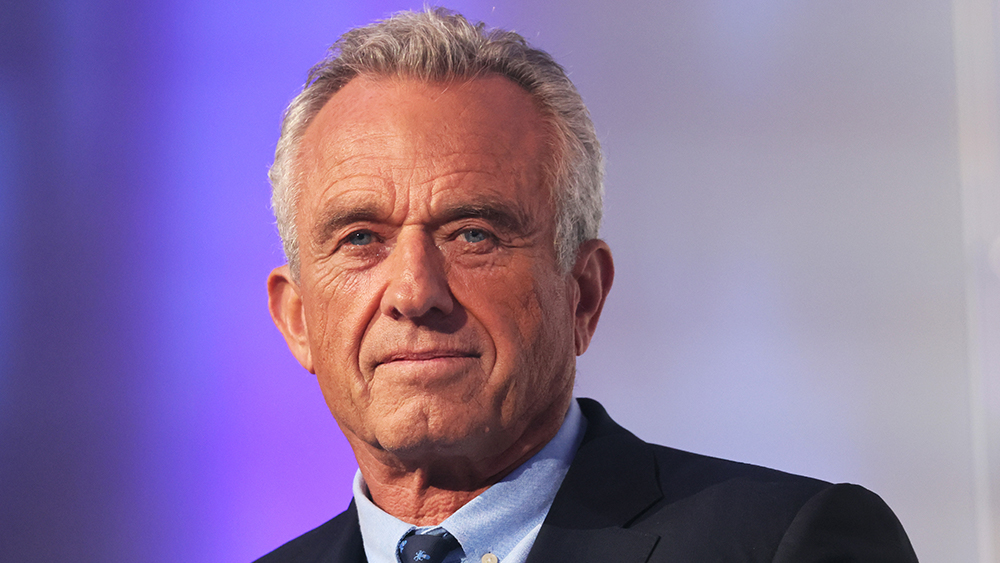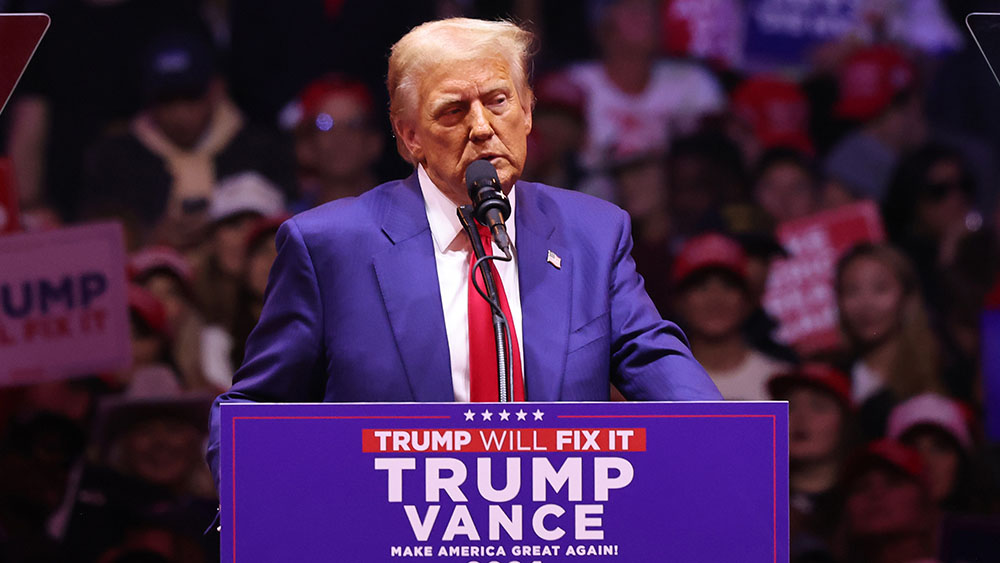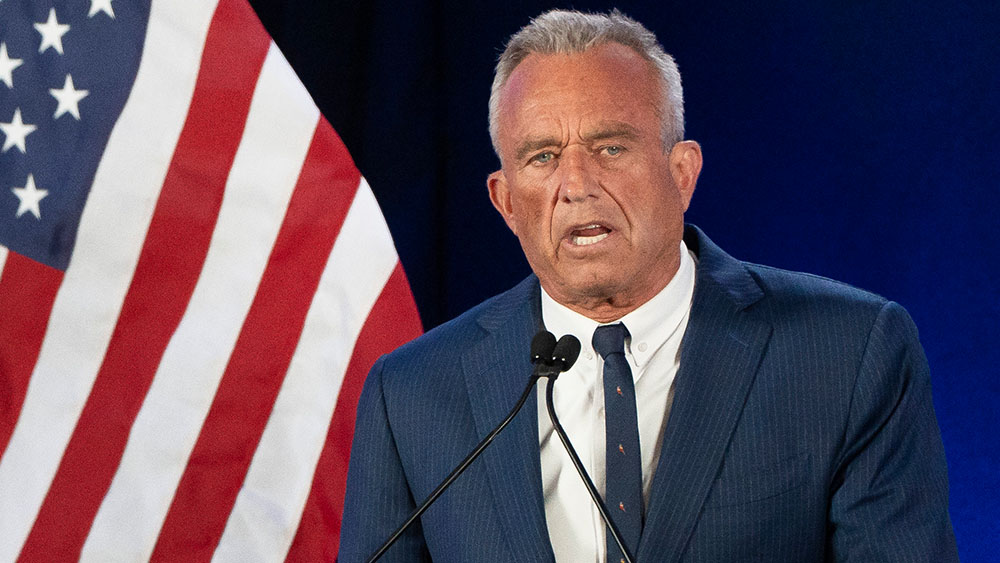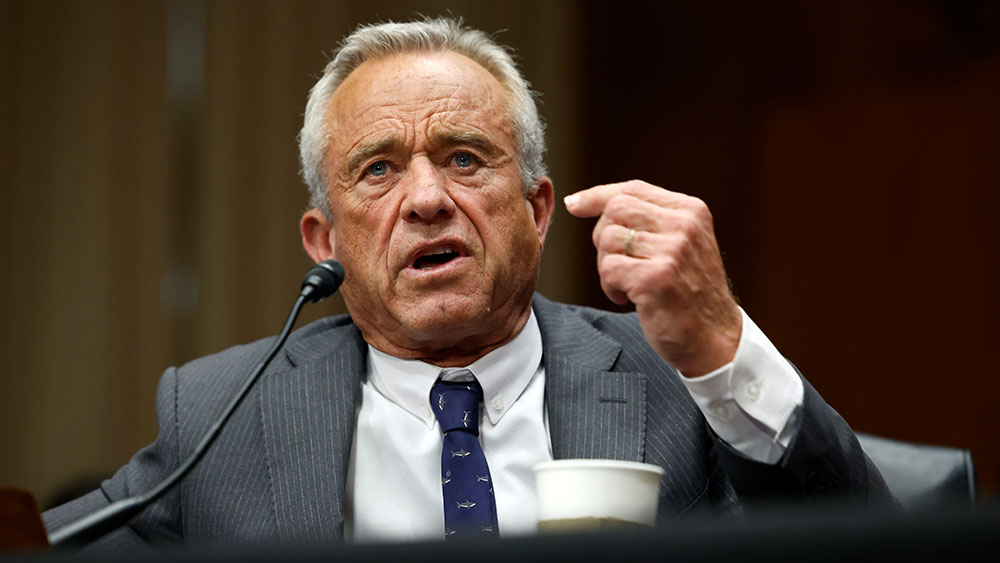 Parler
Parler Gab
Gab
- Nicotine's structure closely resembles vitamin B3 (niacin), a nutrient vital for skin health, digestion, and cognitive function. This similarity suggests nicotine may mimic niacin’s benefits, particularly in supporting the parasympathetic nervous system and managing inflammation or autoimmune conditions.
- Nicotine activates acetylcholine receptors, which play a role in digestion, learning and skin health. It is being studied for its anti-inflammatory properties and potential to treat autoimmune diseases, long COVID symptoms and vaccine-related cellular dysfunction.
- While nicotine shows therapeutic promise, its dual nature is evident. It can activate cell function but is also researched for its potential to block acetylcholine receptors, highlighting the need for careful understanding of its mechanisms.
- Trace amounts of nicotine are found in everyday foods like eggplants, tomatoes and potatoes. The addictive properties of tobacco are attributed to synthetic chemicals (pyrazines), not nicotine itself, challenging the narrative of nicotine as the primary culprit in tobacco addiction.
- Despite its potential, access to nicotine-based therapies is being restricted. Experts suggest this suppression may be driven by efforts to control healthcare narratives, urging a reevaluation of nicotine's role in immune health, inflammation management and longevity.
Nicotine is present in common foods
Ardis pointed out that eggplants, tomatoes, potatoes, zucchini, bell peppers and cauliflower contain trace amounts of nicotine. Both Fuchs and Ardis emphasized nicotine's potential as an immune modulator. Fuchs noted that nicotine's ability to activate the parasympathetic nervous system could help quell inflammation and support immune function. He stated that nicotine is being studied for its anti-inflammatory benefits and its potential to treat autoimmune diseases. Ardis added that nicotine's role in restoring cellular function could be pivotal in addressing long COVID symptoms and vaccine injuries. When spike proteins bind to nicotine receptors, they shut off cell function. However, introducing nicotine can release these proteins and restore normal cellular activity. Despite its promising benefits, access to nicotine-based therapies is being restricted worldwide. Ardis warned that governments and pharmaceutical companies may be suppressing nicotine's therapeutic potential to maintain control over healthcare narratives. He said that they know nicotine works, which is the reason why they are making it harder to access nicotine gum, patches and other over-the-counter products. Nicotine's story is one of paradox and potential. Long demonized as a harmful substance, it is now emerging as a powerful tool for immune health, inflammation management and cellular restoration. As Fuchs and Ardis revealed, the key lies in understanding its molecular mechanisms and separating it from the harmful additives found in tobacco products. The question remains: Will the medical and scientific communities embrace nicotine's therapeutic potential, or will its benefits continue to be overshadowed by its controversial reputation? For now, the evidence suggests that this misunderstood molecule could hold the key to unlocking new frontiers in health and longevity. Watch the full interview between Ben Fuchs, Dr. Bryan Ardis and the Health Ranger Mike Adams on the "Health Ranger Report" below. This video is from the Health Ranger Report channel on Brighteon.com.More related stories:
Dr. Bryan Ardis: NICOTINE can "CURE brain tumors." Dr. Bryan Ardis tells Bob The Plumber: Early COVID treatment protocols are more effective with NICOTINE. King Charles announces TOTAL BAN on cigarette smoking in UK – is it because the nicotine in tobacco helps protect against COVID? Sources include: Brighteon.com TruthTreatments.com TheDrArdisShow.comLEAN RED MEAT: A gut-healthy, heart-smart choice for a balanced diet, study finds
By Willow Tohi // Share
Health Ranger Report: The shocking truth about VENOM PEPTIDES in drugs and cosmetics
By Kevin Hughes // Share
RFK Jr. appears to gain key ally in Susan Collins as HHS confirmation battle heats up
By Cassie B. // Share
Trump administration shuts down USAID, ending decades of covert operations
By finnheartley // Share
Far-left journo admits 'no country' can deal with 'an influx of millions' of migrants
By newseditors // Share
RFK Jr.’s confirmation hearings expose senators' ties to Big Pharma
By isabelle // Share











